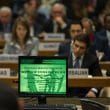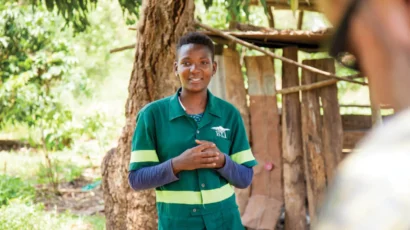A foundation on which to assess neuroscience’s military potential
By Margaret E. Kosal, October 21, 2008
Much of our discussion during the last three months has revolved around the challenges of developing norms, ethical frameworks, and new security models for the neurosciences. As my colleague Jonathan Huang and I noted in our initial article, the challenges of emerging sciences, such as neuroscience, are unlikely to be addressed adequately or wholly by traditional arms control treaties. The breadth of technologies anticipated to arise from the cognitive sciences extends beyond the scope and the structural capacity of the Biological and Toxin Weapons Convention and the Chemical Weapons Convention. At the same time, the normative value of these international legal instruments remains powerful; the ineffectiveness of the institutions and constituencies that support these regimes, however, and their failure to deal with the challenges of “emerged” biotechnologies and changing chemical production methods do not portend success for a similarly structured cognitive sciences regime.
Policy makers need to support new ideas for dealing with these challenges, consider innovative non-traditional approaches, leverage the marketplace, and increase the involvement of the private sector. Arms control advocates should not interpret pursuing these routes as of the abandonment of traditional arms control treaties. We need all of the metaphorical tools in the toolbox.
Whatever approaches governments, funding sources, private markets, and scholars pursue, the questions raised by the ethical and security implications of advanced neuroscience applications necessitate intrinsically inter- and multi-disciplinary efforts. Scientists, engineers, and legal scholars will need to collaborate meaningfully with social scientists, anthropologists, and economists. As with many advanced and emerging technologies, differentiating reality from rhetoric is often the first step; the discussion and policy options also require a technically robust foundation to have merit and meaning. I commend the other participants in this discussion for differentiating between the technically possible, scientifically plausible, and speculative.
Topics: Biosecurity
Share: [addthis tool="addthis_inline_share_toolbox"]













